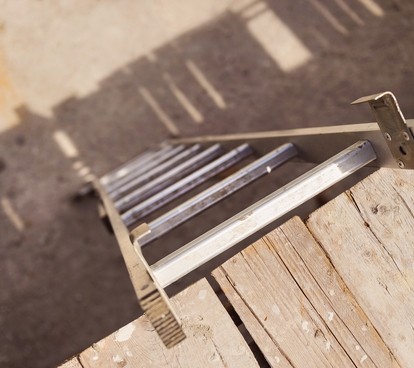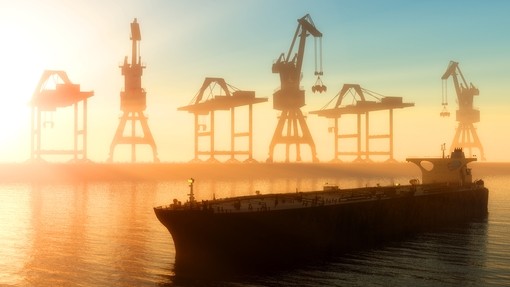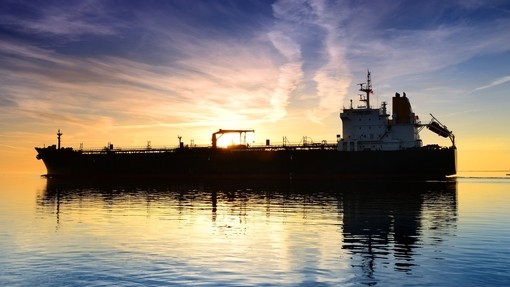Change in Admiralty Court jurisdiction for personal injury claims

Change in Admiralty Court jurisdiction for personal injury claims
The Admiralty Court Rules at present state at CPR 61.2(1)(a):
The following claims must be started in the Admiralty Court –
(a) a claim –
(b) for loss of life or personal injury specified in section 20(2)(f) of the Senior Courts Act 1981.
Section 20(2)(f) of the Senior Courts Act 1981 states: -
‘Any claim for loss of life or personal injury sustained in consequence of any defect in a ship or in her apparel or equipment, or in the consequence of the wrongful act, neglect or default of:
i. the owners, charterers or persons in possession or control of a ship; or
ii. the master or crew of the ship, or any other person for whose wrongful acts, neglects or defaults the owners, charterers or persons in possession or control of a ship are responsible
being an act, neglect of default in the navigation or management of a ship, in the loading, carriage or discharge of goods on, in or from the ship, or in the embarkation, carriage or disembarkation of persons on, in or from the ship.’
Therefore, just about any claim arising from an accident which caused personal injury on a ship had to be commenced in the Admiralty Court.
This meant that straightforward slip and trips and other accident cases which did not require the expertise of the Admiralty Court, particularly in relation to ferries and cruise ships, had to be commenced in the Admiralty Court when there was no need for the Admiralty Court to deal with the matter.
The necessity to issue such a claim in the Admiralty Court would catch out some firms of claimants’ solicitors who were not used to dealing with ship-based personal injury claims. We would then have to either seek the claimant’s agreement to, or issue an application to oblige, the claimant to transfer the matter to the Admiralty Court. The Admiralty Court would then often transfer the matter back to the County Court, as it did not involve any admiralty expertise.
Other firms of claimants’ solicitors would try to take advantage of the fact that such claims had to be issued in the Admiralty Court by arguing that, as the claim had to be issued in the Admiralty Court, then even if it occurred in an English port or in English territorial waters, it could not be commenced by way of a CNF and so the fixed costs regime did not apply. This is even though there is nothing to prevent such a claim being commenced by way of a CNF and only if liability was disputed would proceedings have to be issued in the Admiralty Court.
The Civil Procedure Rule Committee has now considered this issue and amended the Admiralty Court Rules with regard to its jurisdiction in personal injuries claims where proceedings are issued on or after 6 April 2023.
CPR 61.2(1)(a)(v) has been removed and instead 61.2(2) has been amended to state:
‘Any other admiralty claim may be started in the Admiralty Court and a claim for loss of life or personal injury specified in Section 20(2)(f) of the Senior Courts Act 1981 should be started in the Admiralty Court in the circumstances set out in Practice Direction 61’.
Practice Direction 61 sets out the new rules with regard to the jurisdiction of the Admiralty Court in paragraphs 2.6 to 2.8. Paragraph 2.6 states that if the injury or fatal accident claim is made in rem (against the ship) or arises out of a collision, it must be commenced in the Admiralty Court.
Paragraph 2.7 states that if a claim for personal injury is commenced in the High Court, then it may be commenced in the Admiralty Court or that such claims may also be commenced in the County Court. However, paragraph 2.8 then states:
‘Claims within paragraph 2.7 should not be commenced in the Admiralty Court unless they require or would benefit from the specialist knowledge and experience of that court. That is likely to include personal injury claims which:
(a) involve questions of navigation, seamanship, boat or ship-handling skills and/or acts or omissions relating to sea state;
(b) arise out of the shipwreck, capsizing or stranding of the ship, or explosion or fire in the ship;
(c) are employer’s liability claims relating to or concerning equipment or working practices peculiar to a ship;
(d) raise difficult or novel questions of private international law or of the interpretation of the Athens Convention.
Other personal injury claims not raising any such issues should ordinarily be commenced in the County Court or the Central Office or the Kings Bench Division of the High Court’.
Finally, paragraph 2.9 confirms that if a claim is issued in the Admiralty Court, it may still be transferred, if appropriate to do so, on the application of any party or of the court’s own motion, to another court.
I have no doubt that some firms of claimants’ solicitors trying to avoid the fixed costs regime will issue all passenger claims in the Admiralty Court on the basis that they involve the Athens Convention. However, my interpretation of clause 2.8(d), which may have to be tested in court, is that such claims should only be issued in the Admiralty Court if they involve issues as to the interpretation of the Athens Convention, not simply because the claim is governed by the Athens Convention.
Therefore, these new rules should be helpful to all as they will prevent claimants’ solicitors making the understandable error of not issuing in the Admiralty Court in claims that have no real admiralty issues. They will also assist defendants, as claimants’ solicitors will no longer be able to argue in typical ‘slip or trip’ passenger claims in English ports or waters that it has to be issued in the Admiralty Court and so the fixed costs regime does not apply.






